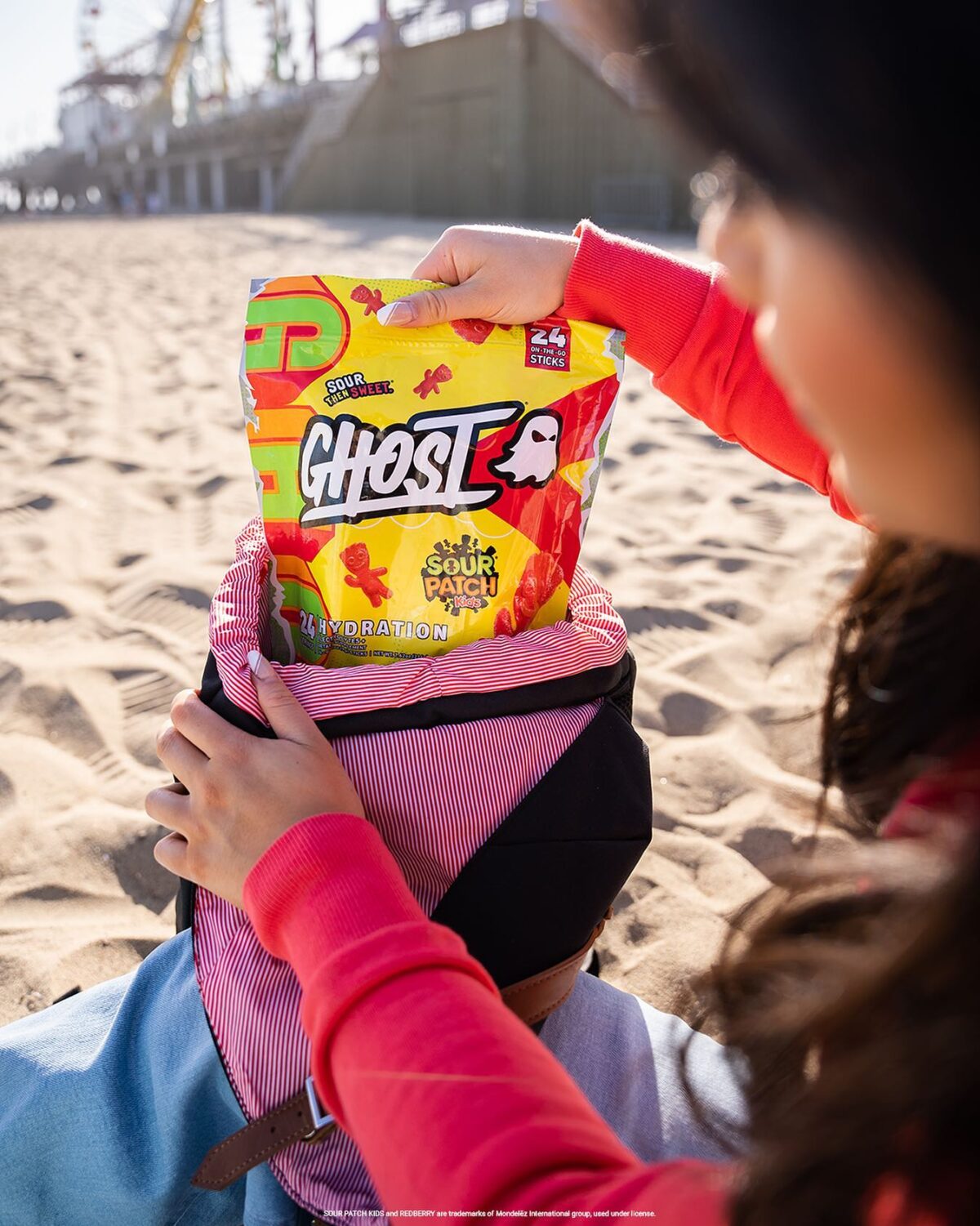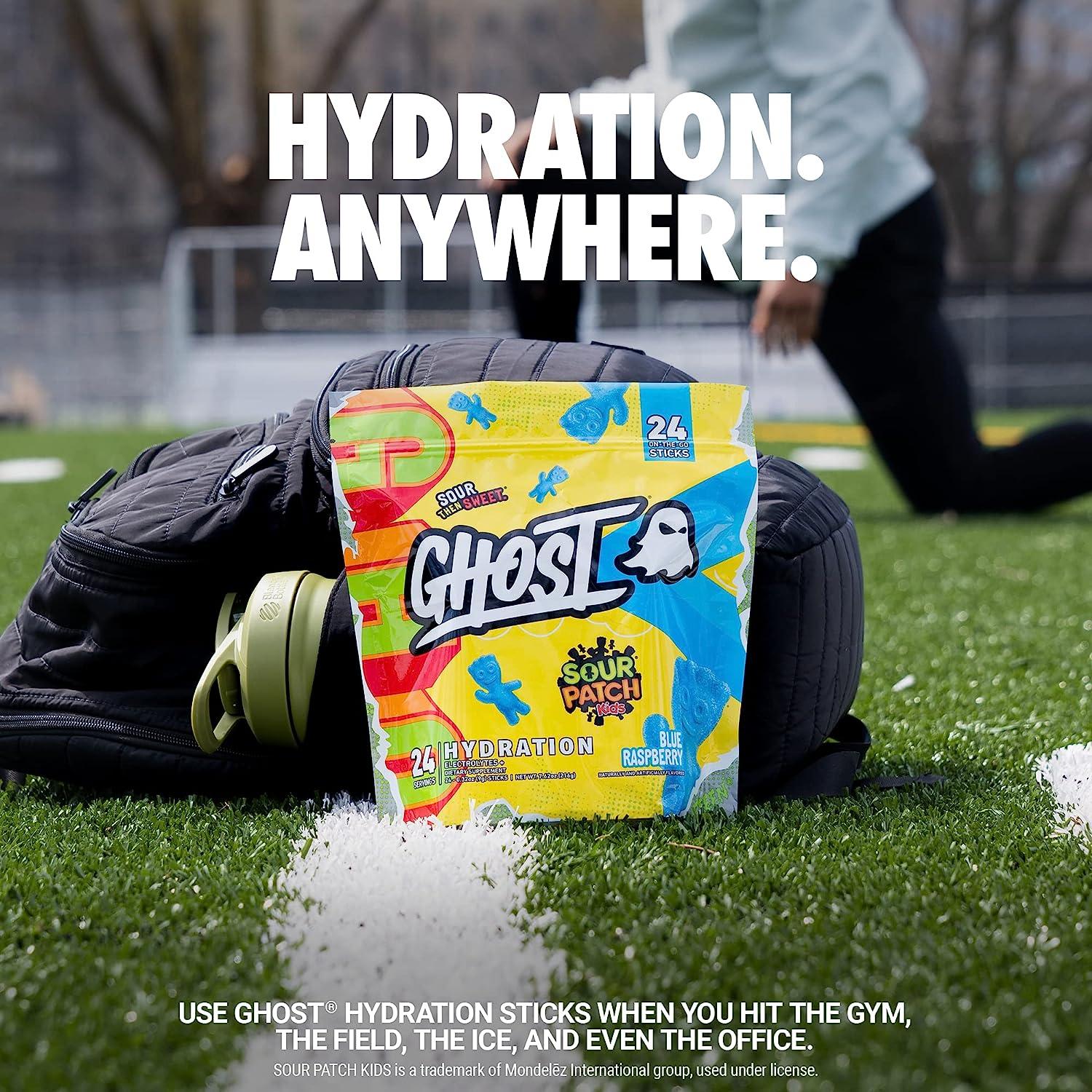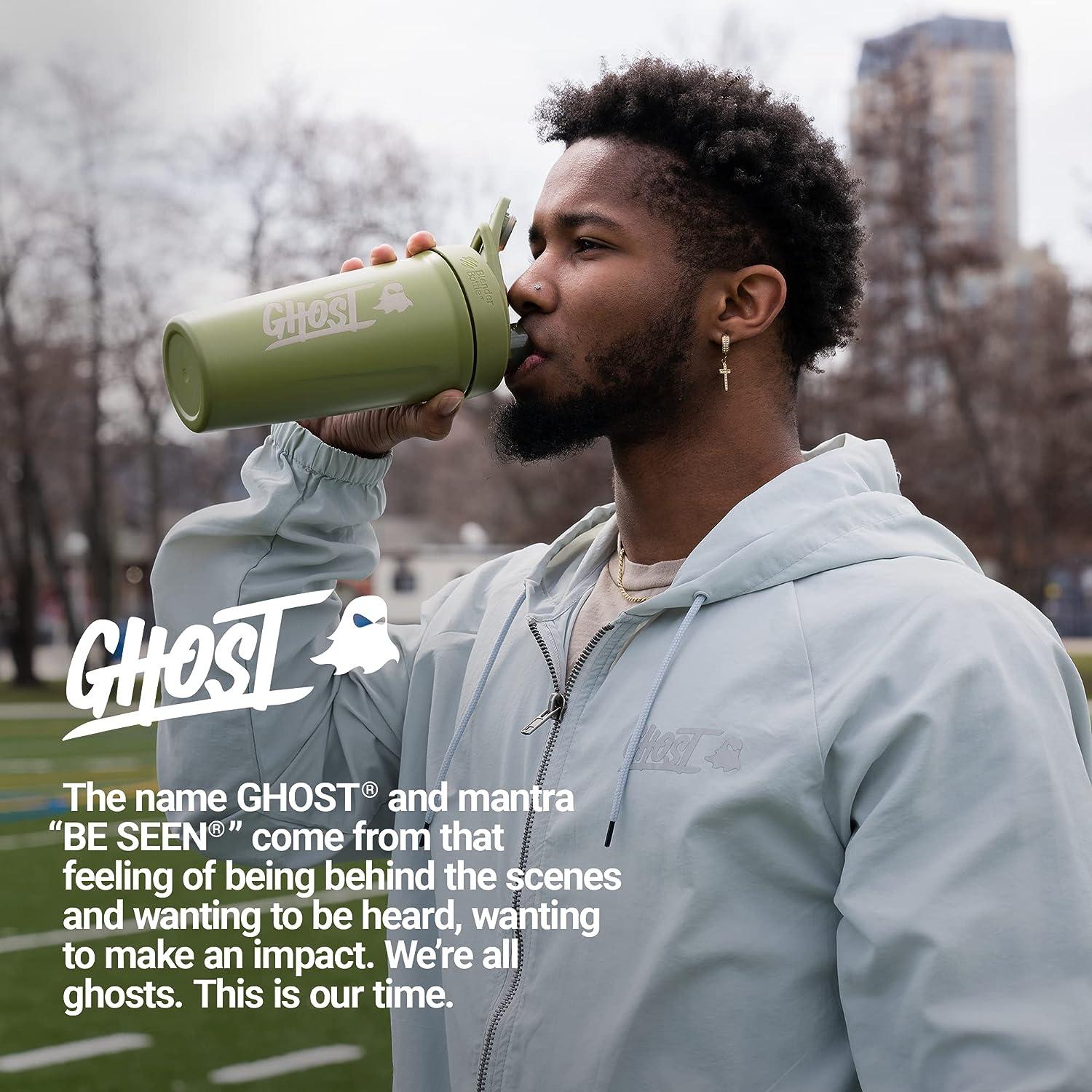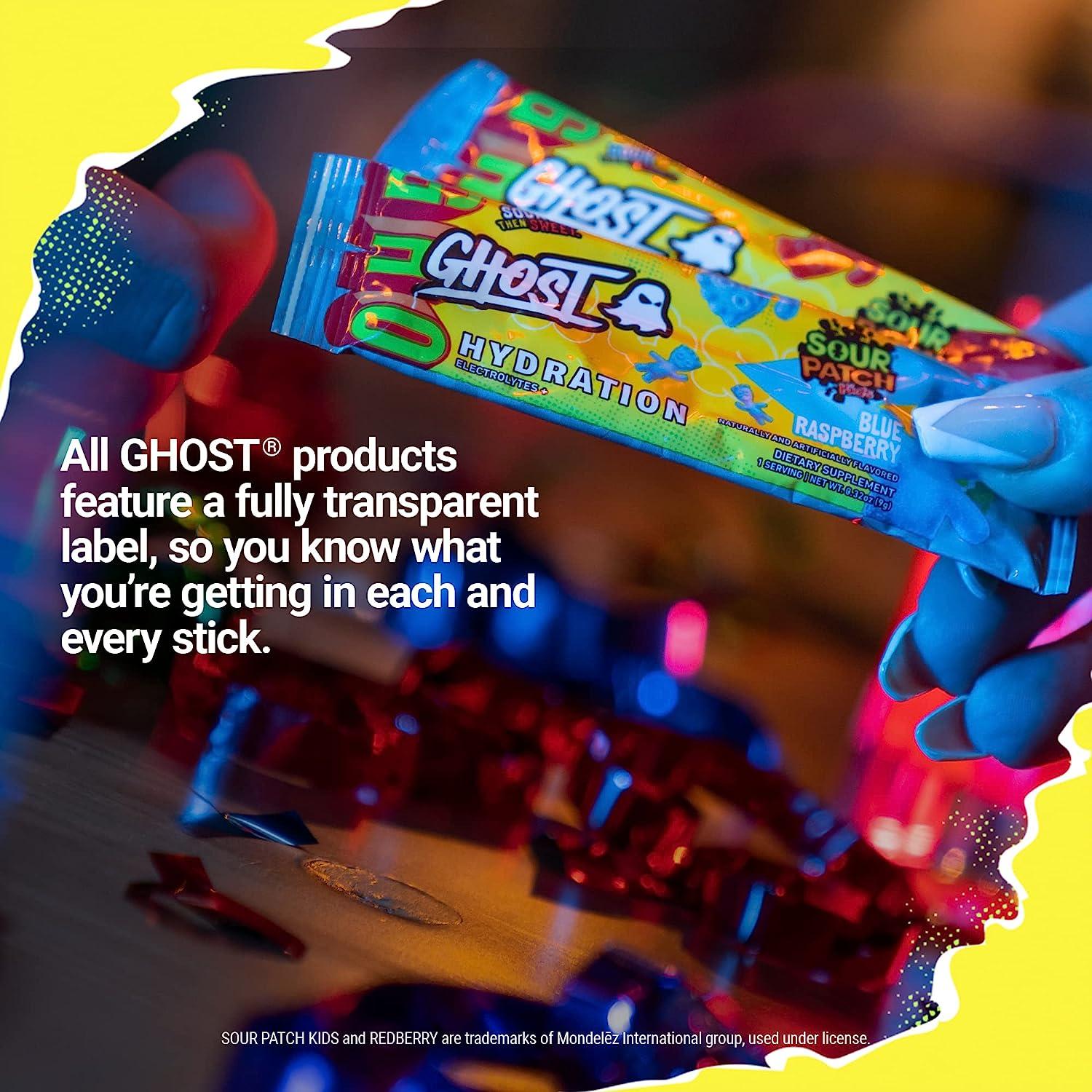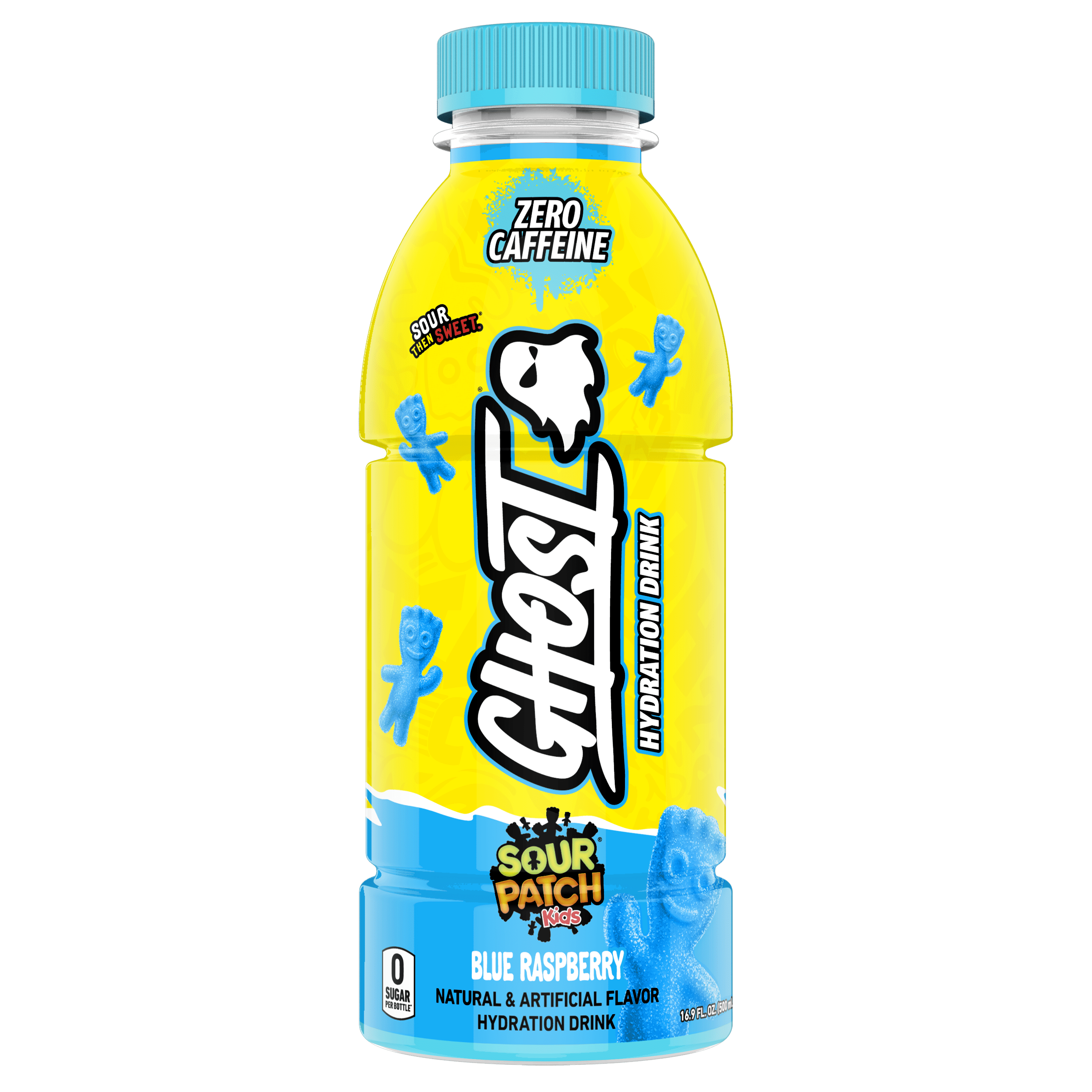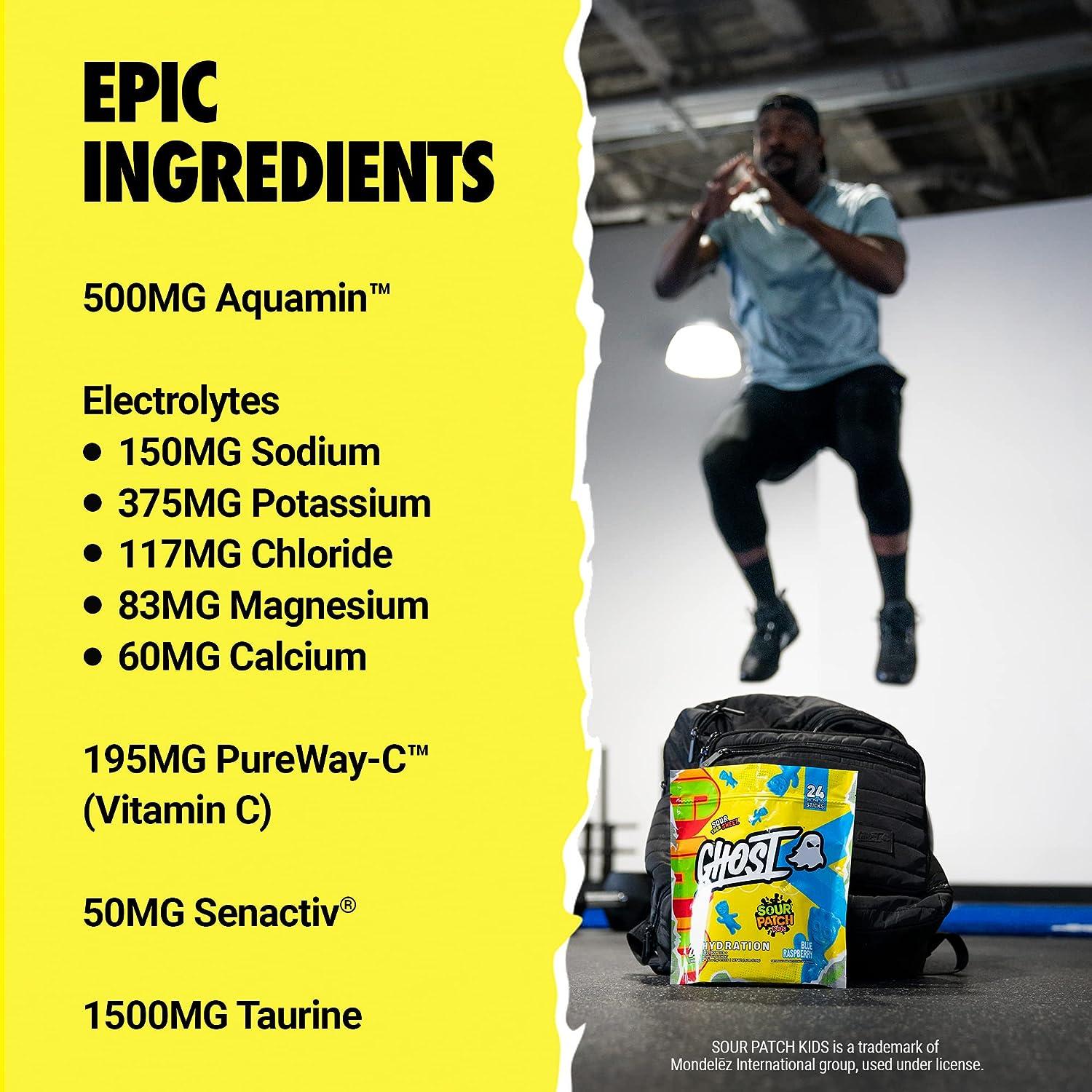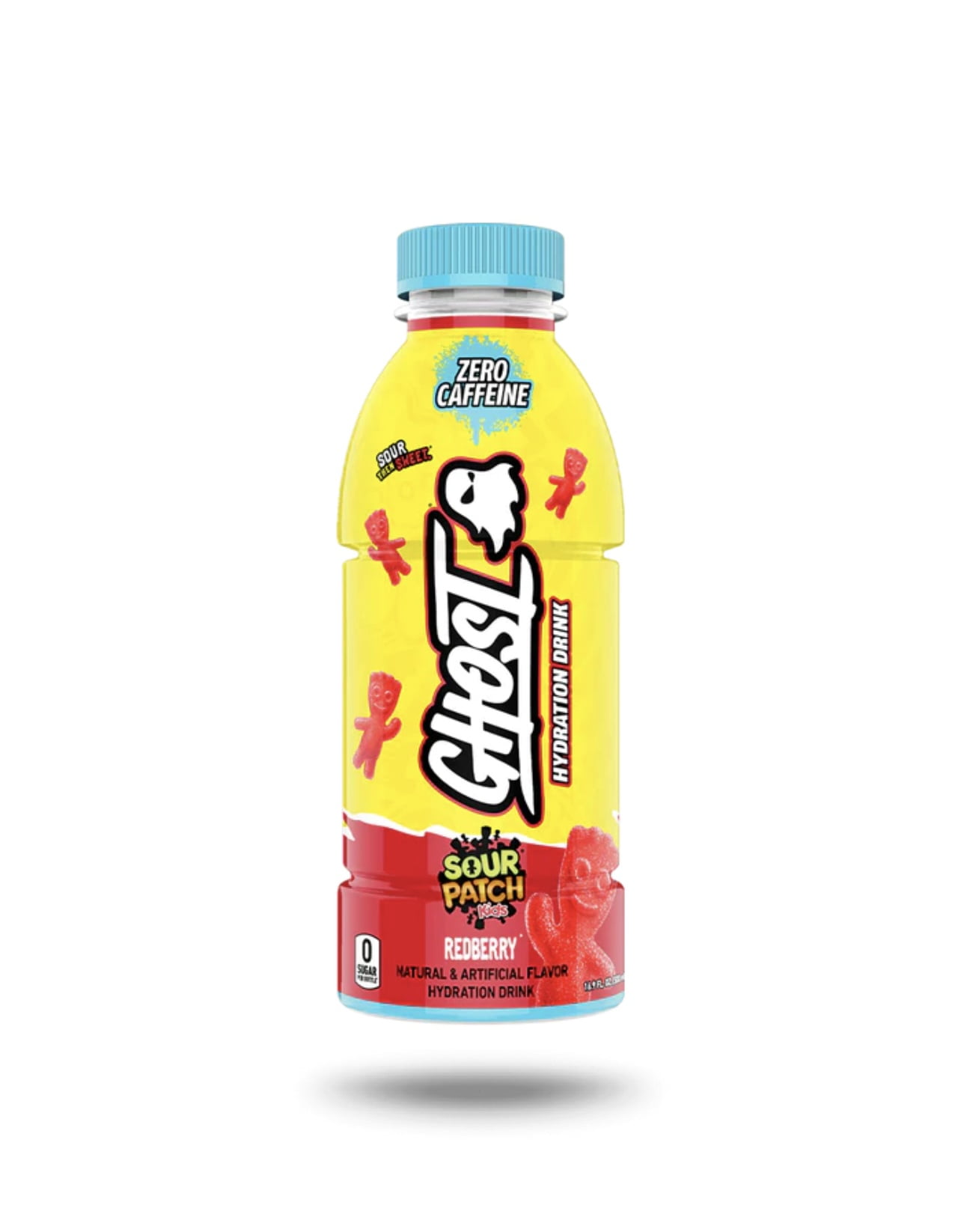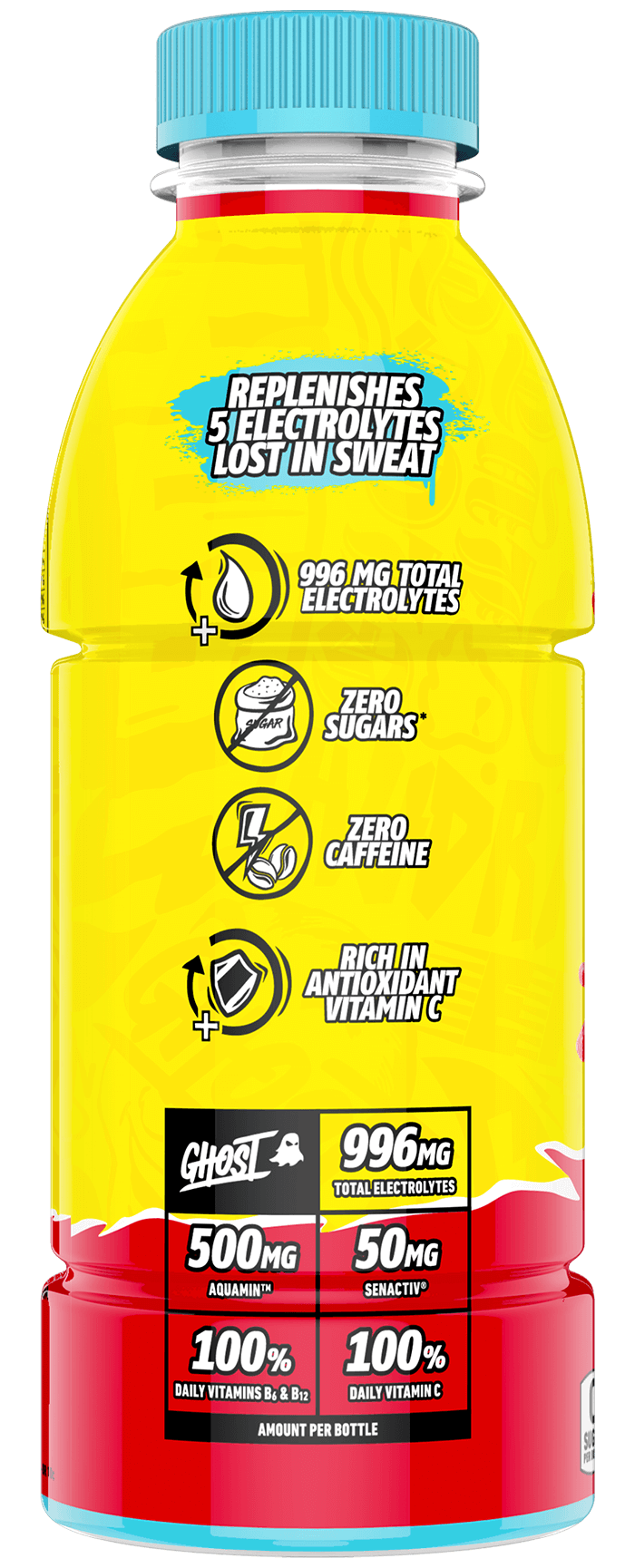Is Ghost Hydration Safe For Kids

Imagine a bright, sun-drenched playground. Children are laughing, chasing each other, their faces flushed with exertion. But instead of reaching for water bottles, many are pulling out brightly colored cans promising electrifying flavors and boosted performance. These aren't your average sugary sodas; they're hydration drinks, specifically, Ghost Hydration, a brand rapidly gaining popularity with kids and teens. But as parents and caregivers, we can't help but wonder: Are these trendy drinks truly safe for our children?
This article aims to delve into the science behind Ghost Hydration and its potential effects on young, developing bodies. We will explore the ingredients, scrutinize expert opinions, and consider the broader implications of marketing performance-enhancing beverages to children. Ultimately, we seek to empower parents with the knowledge needed to make informed choices about what their kids consume.
The Rise of Hydration Drinks
Hydration drinks, also known as electrolyte drinks, have evolved from solely catering to athletes needing rapid rehydration after intense workouts. Now, they're marketed to a wider audience, including children, with promises of enhanced focus, improved energy, and, of course, superior hydration.
Ghost Hydration stands out with its vibrant packaging, appealing flavors, and strategic partnerships with popular figures in gaming and entertainment. This has made it a desirable choice for many young people seeking a tasty and "cool" alternative to plain water.
Decoding the Ingredients
At the heart of the debate surrounding Ghost Hydration's safety for children lies its ingredient list. While marketed as a hydrating beverage, the drink contains more than just water and electrolytes.
Key ingredients often include electrolytes like sodium and potassium, essential for fluid balance, and vitamins. However, the presence of artificial sweeteners, flavors, and certain additives raises concerns.
One major point of contention is the presence of artificial sweeteners. Ghost Hydration uses sweeteners to deliver a sweet taste without added sugar, which is a significant benefit for those avoiding sugar. However, some studies have linked certain artificial sweeteners to potential health issues, especially in children. These concerns are mostly surrounding long-term and excessive consumption.
Another consideration is the caffeine content. While Ghost Hydration is marketed as caffeine-free, it’s important to verify this on the specific product label and understand the potential impact of even small amounts of stimulants on children.
Expert Opinions and Scientific Data
Pediatricians and nutritionists generally recommend that children prioritize water, milk, and natural fruit juices for hydration. These options provide essential nutrients without the added artificial ingredients and potential risks associated with some hydration drinks.
The American Academy of Pediatrics emphasizes that children rarely need electrolyte drinks unless they are engaging in prolonged, vigorous physical activity or experiencing dehydration due to illness. For everyday hydration, water is almost always the best choice.
Furthermore, experts express concern about the normalization of sugary and artificially sweetened beverages among children. Frequent consumption of these drinks can contribute to a preference for sweet flavors, potentially leading to unhealthy eating habits and increased risk of obesity and related health problems.
Research on the long-term effects of artificial sweeteners on children is ongoing. While some studies have shown no significant adverse effects, others have suggested potential links to changes in gut microbiota and metabolic function. More research is needed to fully understand the impact.
Marketing and its Influence on Children
The marketing strategies employed by Ghost Hydration and other beverage companies play a significant role in shaping children's preferences and consumption habits. Bright colors, appealing flavors, and endorsements from popular influencers make these drinks highly attractive to young consumers.
Children are particularly vulnerable to marketing tactics due to their limited cognitive abilities and understanding of persuasive techniques. They may not fully grasp the potential health consequences of consuming these beverages and are more likely to be influenced by peer pressure and celebrity endorsements.
Parents and caregivers have a crucial role to play in counteracting these influences. By educating children about healthy choices and limiting their exposure to marketing messages, they can help them develop more discerning consumption habits.
Practical Considerations for Parents
So, what should parents do when faced with the increasing popularity of hydration drinks like Ghost Hydration? The key is informed decision-making and moderation.
First, carefully read the ingredient list and nutritional information on the label. Pay attention to the presence of artificial sweeteners, additives, and any potential allergens.
Second, consider the context in which your child is consuming the drink. Is it after intense physical activity, or is it simply a replacement for water? For everyday hydration, water should always be the primary choice.
Third, talk to your child about healthy choices. Explain the importance of limiting sugary and artificially sweetened beverages and encourage them to prioritize water and nutritious foods.
Fourth, consult with your pediatrician or a registered dietitian for personalized advice. They can provide guidance based on your child's individual needs and health status.
A Balanced Approach to Hydration
While Ghost Hydration may offer some benefits in specific situations, such as after intense exercise, it's essential to approach its consumption with caution, especially for children. The potential risks associated with artificial sweeteners, additives, and the normalization of sugary beverages should be carefully considered.
Ultimately, a balanced approach to hydration involves prioritizing water, milk, and natural fruit juices. These options provide essential nutrients without the added artificial ingredients and potential health risks.
By making informed choices and educating our children about healthy habits, we can empower them to make responsible decisions that support their long-term health and well-being.
Looking Ahead
The debate surrounding the safety of hydration drinks for children is likely to continue as new products enter the market and scientific research evolves. It's crucial for parents, educators, and healthcare professionals to stay informed and engage in open discussions about the potential benefits and risks.
Increased transparency from beverage companies regarding ingredient information and marketing practices is also essential. By providing consumers with clear and accurate information, they can make more informed choices about what they consume.
As we navigate the ever-changing landscape of food and beverage options, let's prioritize the health and well-being of our children. By fostering a culture of informed decision-making and healthy habits, we can empower them to thrive and reach their full potential.
The playground remains a place for laughter, play, and growth. By ensuring that our children have access to safe and healthy hydration options, we can help them enjoy these moments to the fullest.
